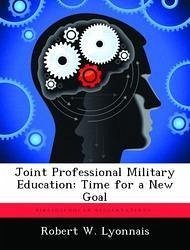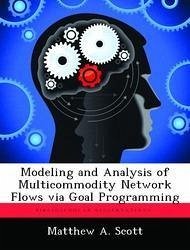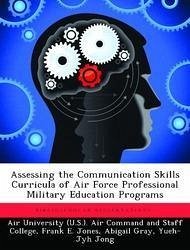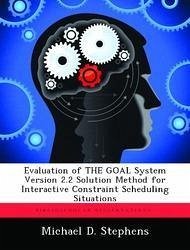
Joint Professional Military Education: Time for a New Goal
Versandkostenfrei!
Versandfertig in über 4 Wochen
52,99 €
inkl. MwSt.

PAYBACK Punkte
26 °P sammeln!
The 1986 Goldwater-Nichols Act (GNA) was a call to jointness, an attempt to correct the overwhelming service centric nature of the U.S. military. In 1988, the Panel on Military Education of the One Hundredth Congress of the Committee on Armed Services House of Representatives was commissioned with Congressman Ike Skelton as chairman. Together the GNA and Skelton Commission succeeded in creating a force substantially more joint than the one of 1986. However, they may have unintentionally institutionalized a legacy that will inhibit future progress. The establishment of the Joint Specialty Offic...
The 1986 Goldwater-Nichols Act (GNA) was a call to jointness, an attempt to correct the overwhelming service centric nature of the U.S. military. In 1988, the Panel on Military Education of the One Hundredth Congress of the Committee on Armed Services House of Representatives was commissioned with Congressman Ike Skelton as chairman. Together the GNA and Skelton Commission succeeded in creating a force substantially more joint than the one of 1986. However, they may have unintentionally institutionalized a legacy that will inhibit future progress. The establishment of the Joint Specialty Officer (JSO) and the concept of joint education from a service perspective initiated a movement that has resulted in Joint Professional Military Education's (JPME) subjugation to Service PME and the near universal institutionalization of the perception that jointness is a qualification. Joint education from a service perspective is an invalid concept. The result of a compromise designed to reconcile the constraints of the time. The argument is not whether the JSO was appropriate or necessary in 1986 to force the services to accept jointness, but rather it is a concept which has achieved its purpose and outlived its usefulness. The goal of this monograph is first to assess the intent of the GNA and Joint Vision (JV) 2020 and determine if the current JPME system can meet that intent. Next, this paper will attempt to determine what JPME's primary task and purpose should be and what form or structure is necessary to achieve it. It does not address curriculum, fiscal issues or service PME, except for its relationship to JPME. Although not profound, the key conclusion and central issue of this project is jointness as a culture. Therefore, any education system designed to support the creation of a truly joint force as described by JV2020, must support a joint culture. JPME's primary or essential task is the education of professional officers in the application of military power. JPME's f












